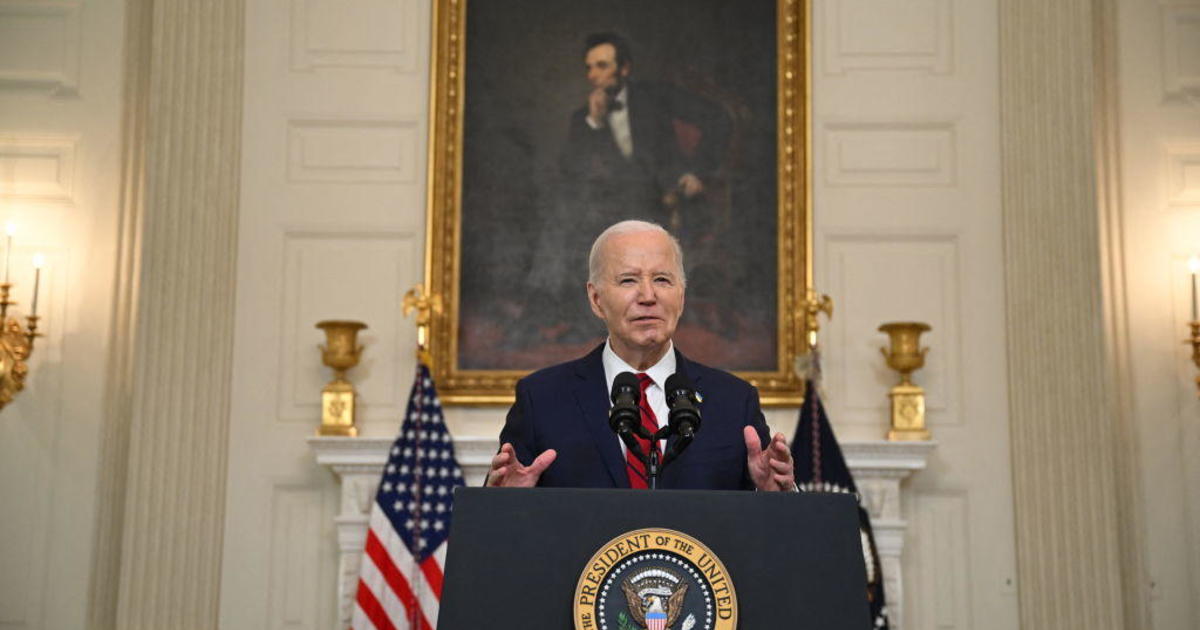The clock is already ticking on the next debt ceiling fight
Congress was able to avoid what experts say would be a catastrophic economic crisis by raising the debt limit in the short term last week, but Treasury Secretary Janet Yellen said the recent increase in the debt ceiling provides only a "short reprieve" before the U.S. is set to run out of money to pay its bills again.
The Treasury Department will need to use so-called extraordinary measures, such as suspending some securities sales and not investing in funds, to make sure the government can meet debt obligations through December 3, Yellen said in a letter to congressional leaders Monday. If the U.S. is unable to pay its bills, the country would go into default for the first time ever.
Last week, the House passed a bill to raise the debt limit by $480 billion, keeping the government solvent into early December. It came after Republicans in the Senate backed off their threat of a filibuster allowing Senate Democrats to pass the short-term bill the week before after a weeks-long standoff.
"The increase in the debt limit signed into law last week provides a high degree of confidence that Treasury will continue to be able to finance the operations of the federal government through December 3, 2021," Yellen said in the letter. "However, it is imperative that Congress act to increase or suspend the debt limit in a way that provides longer-term certainty that the government will satisfy all its obligations."
While the country has a short reprieve from the threat of default, Yellen said some investments in funds through December 3 will remain suspended. Those funds will be made whole when the limit is increased or suspended, so it won't affect federal retirees or employees. The Treasury also extended the suspension of some securities sales.
"I respectfully urge Congress to act to protect the full faith and credit of the United States," Yellen said in her letter.
If the debt ceiling is not addressed and the U.S. goes into default, it would lead to millions of Americans not receiving money on time, including seniors and disabled people not receiving Social Security payments and troops not getting paid. Economists and business leaders have also warned that markets would take a hit and interest rates across the board would go up. They've called the default "catastrophic" with global economic consequences.
Though Republicans allowed Democrats in the Senate to raise the debt ceiling for the short term earlier this month with a simple majority vote, they have said they will not do it again. They are pushing Democrats to include a provision to raise the debt ceiling in their reconciliation process, which can be done in the Senate without meeting a 60-vote threshold. Senate Minority Leader Mitch McConnell said the temporary lift of the debt limit will provide the time to do so, after having first made the suggestion back in July.
But Democrats have said they want the debt ceiling addressed through regular order in a bipartisan way, as has been done under the Trump administration three times. As the clock ticks down to December 3, lawmakers will also need to pass a budget to avoid the government shutting down after they also passed just a short-term budget last month.



